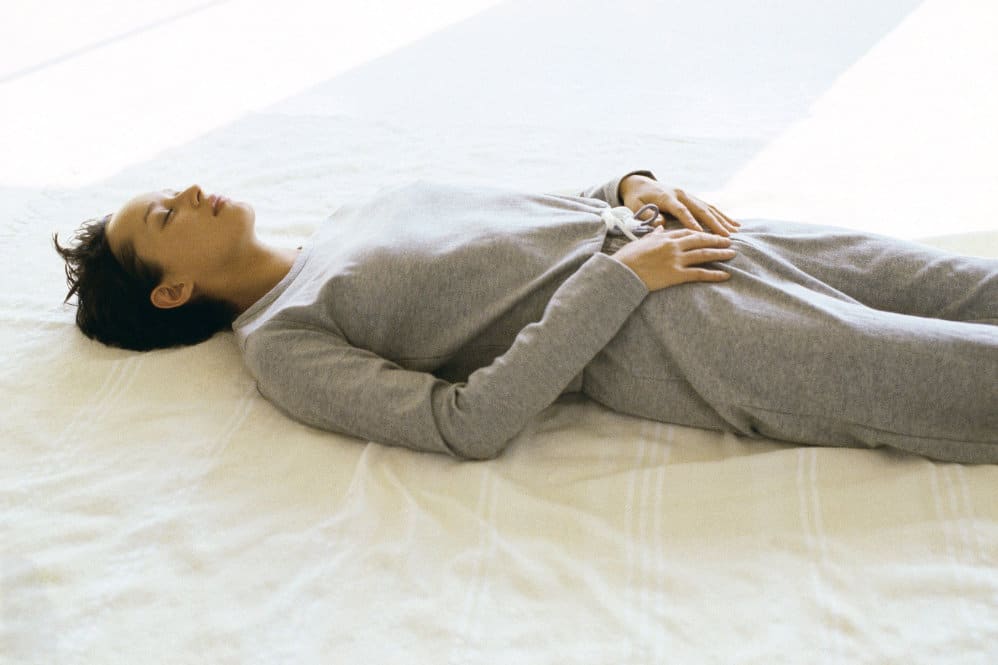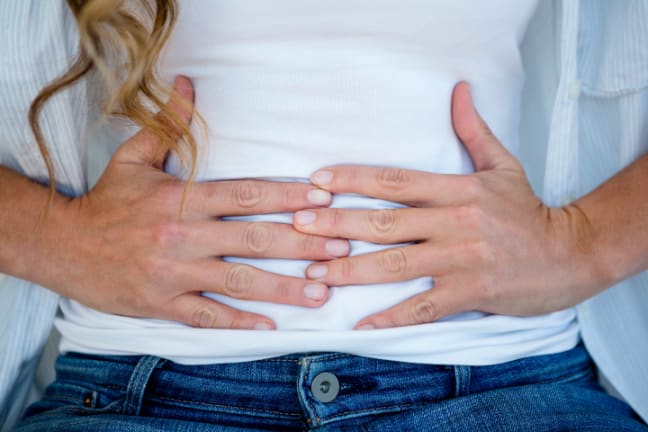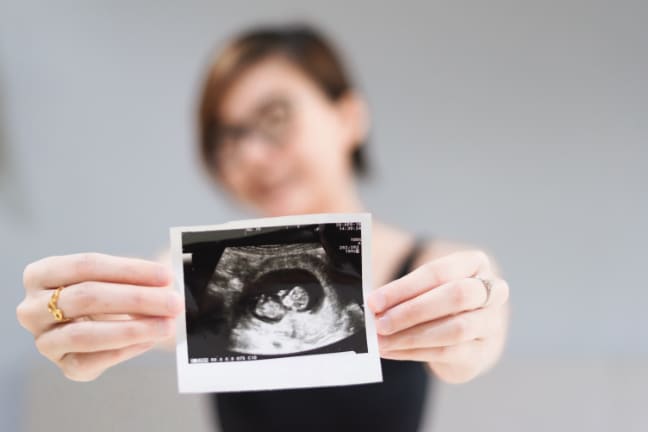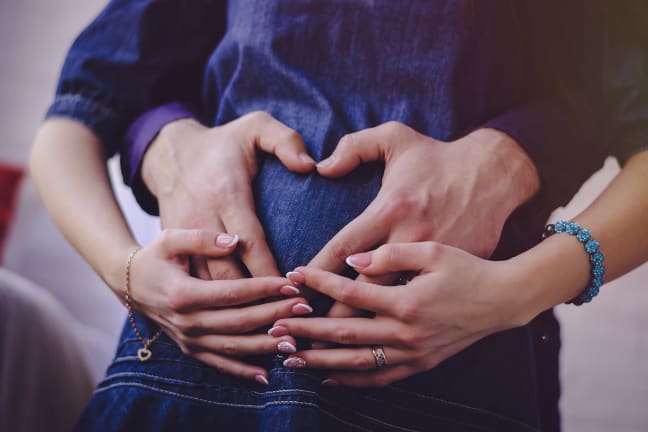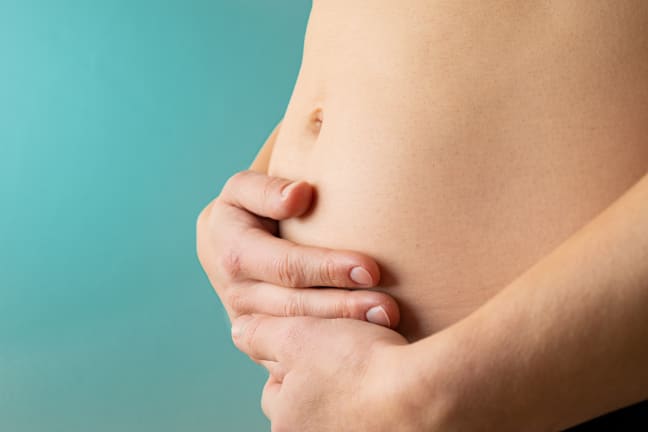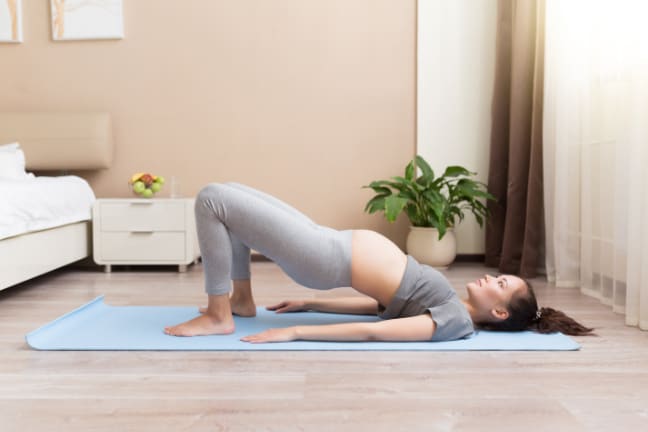Introduction
Growing a baby is thirsty work. Ideally, you need to drink about 1.5 litres of water a day. Although you may not feel like it, keeping active is important during pregnancy. It tones, energises, lifts your mood, helps you sleep and can also help you to cope with labour. If you have any doubts about appropriate exercise or if you are just starting out on an exercise plan speak to your healthcare professional first. Read more on what to expect at 10 weeks pregnant.
What happens at 10 weeks pregnant?
Baby is now a proper little foetus, all the internal organs are developed and starting to function. Bones and cartilage are forming, knees and ankles are starting to take shape, little elbows are doing their job, and your tiny dancer could already be making spontaneous jerky movements.
Your baby’s tiny nose has the tiniest nostrils, and baby’s mouth now has a delicate upper lip…all the better to kiss you with. Your baby’s ears are starting to develop, as well as the ear canals, although they won’t be able to hear you until after week 15. Although the gender of baby is already defined it’s not visible for a few more weeks.
What happens to your body at 10 weeks pregnant?
Pregnancy body care is important this week as you may begin struggling with those skin-tight jeans. Blame baby for the pregnancy weight gain. At 10 weeks pregnant your uterus is now about the size of a grapefruit, while baby is apricot-sized.
As baby grows, your ligaments and muscles start to stretch which is why many women experience something called round ligament pain or simply put, tummy pain. Sometimes it’s sharp when the extra weight pulls on your ligaments. Sometimes it’s dull when your ligaments are actually stretching. Both are totally normal and a walk or stretch can usually ease the pain, however, if it is really painful, see your midwife or doctor as soon as possible.
What to eat at 10 weeks pregnant?
As well as curvier, you might be feeling a little queasier. However, this queasiness should eventually disappear in the second trimester. In the meantime, stock up on ginger tea as part of your pregnancy diet. It can help with nausea.
What else is on the menu this week? Water, lots of it. For many reasons: to form amniotic fluid, produce extra blood volume, build new tissue, carry nutrients, help indigestion and flush out wastes and toxins. Drink around 1.5 litres a day, roughly 6-8 glasses. Little and often is usually best, especially if you’re the victim of dreaded morning sickness. Juices, herb teas and milk also count, even tea and coffee, but nothing beats the clear stuff. It is worth noting though that the NHS advises to drink no more than 4 cups of herbal tea a day, and sadly caffeine should also be limited, see our article to find out more.
What are the symptoms of 10 weeks pregnant?
Week 10 pregnancy symptoms can include varying different digestive problems. Pregnancy heartburn is quite common as is bloating, burping and generally being quite gassy. Lovely. This is down to the pregnancy hormone progesterone, which helps relax the uterus and muscles surrounding it to allow your foetus to grow. However the muscles surrounding it are the muscles of the intestine, which means your digestion will slow down and gas unfortunately will start to build up. If you have any of these pregnancy symptoms at 10 weeks then try to eat a bit earlier in the evenings so your have time to digest food before lying down for bed. Try avoiding spicy or rich foods, and eating slowly might help. If you have any concerns speak to your midwife.
What exercise can you do when pregnant?
Exercising when pregnant is recommended, especially if you’re used to working out anyway. If you are just starting out on an exercise plan speak to your healthcare professional first. The fitter you are, the readier you’ll be for the strenuous job of labour. It’ll also be easier to get back in shape after pregnancy.
Stomach strengthening and pelvic floor exercises are really important. They’ll help strengthen the muscles you’ll be using to carry the extra pregnancy weight. They'll also make your joints stronger, improve circulation, alleviate any backaches, and just help you feel generally fit and healthy. Exercise is known to help you feel energised and improve your mood too, so next time those hormones get you down, you know what to do. Just avoid anything which is too high impact. Take a look at our pregnancy exercise guide which not only has tips and advice for exercising safely in pregnancy but also has step-by-step guides on core and back strengthening as well as strengthening your pelvic floor.
SMA Careline®
Need expert advice or support 24/7?
We have a dedicated team of expert parents with first-hand experience in everything related to babies. They also have access to expert healthcare professionals such as registered dietitians and nutritionists to answer your questions.
Get in touch


